TL;DR
- AI coding tools are now essential for MVPs—Cursor and GitHub Copilot lead the pack.
- Copilot is budget-friendly ($10–19/month), great for fast boilerplate and GitHub-native workflows.
- Cursor is an AI-first IDE ($20–40/month) with Composer, project-wide context, and agents—ideal for complex MVPs.
- Founders’ choice: Copilot = speed on a budget; Cursor = deeper productivity and scaling.
- Pick the tool that fits your stage, or use both—Copilot for daily tasks, Cursor for heavy lifting.
Introduction
Remember when learning to code meant endless late nights Googling errors, copying snippets from Stack Overflow, and hoping they’d actually work? Fast forward to 2026, and the landscape looks very different. AI coding assistants like Cursor and GitHub Copilot don’t just autocomplete lines—they can now generate features, refactor code across entire projects, and even explain complex logic while you sip your tea.
For startup founders racing to build a Minimum Viable Product (MVP), this shift is nothing short of a game-changer. Tight budgets, lean teams, and relentless pressure to validate ideas quickly make AI-powered development tools not just helpful, but essential for survival. Instead of spending weeks writing boilerplate or debugging, teams can now focus on customer value, iteration speed, and market fit.
The real question today isn’t whether you should use AI to build your MVP. That’s a given. The question is: which AI coding assistant best fits your workflow—Cursor or Copilot?
If you’re in the early stages of product development and exploring options, partnering with an experienced AI MVP development company can help you maximize the benefits of these tools. With the right strategy and stack, you’ll cut down build time, validate faster, and move confidently toward scaling your idea into a full-fledged product.
Validate Faster, Build Smarter
Book your free 30-minute consultation and get clarity on your MVP roadmap.

Why AI Coding Tools Matter for MVP Development
Building an MVP has always been a balancing act: ship something fast enough to validate with users, but keep costs lean enough to avoid burning through your runway. Traditionally, this meant weeks of writing boilerplate code, hiring additional developers, or compromising on features to save time. AI coding assistants change this equation completely.
Here’s how they tilt the odds in your favor:
- Faster prototyping: Automate repetitive tasks like scaffolding CRUD operations, authentication, or API integrations. This frees your team to focus on product-specific logic and features that actually differentiate your MVP.
- Lower upfront costs: Instead of hiring a full stack of engineers just to build a prototype, AI-powered tools let small teams (or even solo founders) move forward with confidence.
- Accessibility for non-technical founders: No coding background? No problem. Tools like Cursor and Copilot allow you to describe features in plain English and see working code generated instantly.
- Productivity boost: According to GitHub, 92% of Copilot users report they can focus on more satisfying work instead of repetitive coding tasks. This translates into higher morale and faster delivery cycles.
- Competitive edge: The faster you launch your MVP, the quicker you can validate assumptions, attract investors, and carve out market share.
And the momentum is undeniable—82% of developers worldwide already use AI-powered coding tools. They’re no longer optional; they’ve become the new baseline for modern product development.
Pairing these tools with advanced techniques like AI user behavior prediction for MVP launch further amplifies your chances of success. By predicting how real users will interact with your product before it even goes live, founders can refine features and UX early, reducing costly pivots later.
Turn Your AI Idea Into Reality
Download our free ebook From AI Idea to MVP and learn how to validate faster, build smarter, and launch with confidence.

Cursor: The AI-First Builder for Modern Development
What it is: Cursor is not just another coding plugin—it’s a full AI-first IDE built on top of VS Code. Unlike GitHub Copilot, which slots into your existing setup, Cursor reimagines the development environment itself with AI at its core. Every feature is designed around collaboration between human developers and AI.
Why this matters for MVPs
- Rapid prototyping with Composer: Cursor’s Composer lets you describe entire features—or even a whole app—in natural language. For MVPs, this means you can go from idea to functional prototype in days instead of weeks.
- Project-wide context awareness: Instead of just finishing a line, Cursor understands your entire codebase. This makes cross-file refactoring, bug fixing, and architecture-level edits much easier, saving critical time when your MVP scope shifts.
- AI Agent for automation: Its Agent can run terminal commands, handle file operations, and make intelligent edits across projects. For small teams, this feels like having an extra developer onboard.
- Onboarding made simple: Non-technical founders or junior devs can use Cursor’s Explain mode to understand code in plain English, speeding up collaboration in lean MVP teams.
- Multi-model flexibility: Cursor supports GPT-4o, Claude, Gemini, and more, giving founders flexibility to optimize for speed, reasoning, or cost depending on the stage of MVP development.
Best fit
Cursor is especially useful for startups and innovation-driven teams that need to:
- Build MVPs quickly with minimal resources.
- Iterate features rapidly based on user feedback.
- Scale early prototypes into maintainable codebases without starting over.
GitHub Copilot: The AI Assistant Inside Your IDE
What it is: GitHub Copilot is an AI-powered coding companion that integrates directly into popular IDEs like VS Code, JetBrains, and Neovim. Rather than reinventing your workflow, it enhances the tools you already use with predictive code completions, chat-based assistance, and growing multi-file editing features. Think of it as autocomplete on steroids—fast, lightweight, and deeply embedded into your existing setup.
Why this matters for MVPs
- Lightning-fast inline completion: Perfect for generating repetitive boilerplate code, scaffolding CRUD operations, or adding common integrations. This is a huge time-saver for MVP teams that need to move quickly.
- Copilot Chat & Edits: Lets you explain code snippets in plain English, generate tests, or apply coordinated edits across multiple files. This is especially helpful when iterating on an MVP and making rapid adjustments.
- Ecosystem integration: Because Copilot is part of the GitHub ecosystem, it ties neatly into repositories, pull requests, Actions, and Codespaces. Teams already working in GitHub can adopt Copilot with virtually zero friction.
- Predictable pricing: At $10/month for individuals or $19/month for business plans, Copilot offers cost stability—a big plus for startups keeping an eye on budget.
Best fit
Copilot is a great choice for:
- Solo developers and small teams that want to accelerate coding without changing their workflow.
- Enterprises and regulated teams that value security, compliance, and Microsoft ecosystem integration.
- Quick-turnaround projects like MVP landing pages, prototypes, or feature enhancements where speed and familiarity matter most.
Cursor vs Copilot: Side-by-Side Comparison
Here’s how they stack up across factors that matter for MVP development:
| Factor | Cursor | GitHub Copilot |
| Type | AI-first IDE (VS Code base) | Plugin inside VS Code, JetBrains, Neovim |
| Best for | Startups, rapid prototyping, complex MVPs | Solo devs, small MVPs, enterprise workflows |
| Productivity | Multi-file Composer, project-wide refactoring | Lightning-fast inline completions, boilerplate speed |
| Context handling | Full repo awareness, @files & @folders | Now up to 64K tokens, still file-focused |
| AI Agent | Integrated Agent executes commands & edits | Limited agent-like features in Chat/Edits |
| Visual editing | Fusion extension for Figma-like UI edits in code | No native equivalent |
| Refactoring | Strong, cross-file, architecture-aware | Improving, but more incremental |
| Code review & bugs | Bug finder with inline fixes (per usage costs) | GitHub-native PR reviews, security checks |
| Commit messages | Auto-generated, can be wordy | Clean, concise auto-commits |
| Models | GPT-4o, Claude, Gemini, custom options | GPT-4o, Claude 3.5, o1 (fewer options) |
| Setup | Moderate (new workflows to learn) | Minimal (install extension, start coding) |
| Pricing | $20+ per user, scales with usage | $10–19 per user, predictable |
| Enterprise fit | Limited compliance, innovation-first | Enterprise-grade governance, Microsoft ecosystem |
Decision Framework for Founders
Not sure which to pick? Here’s a quick guide:
- Need a working MVP fast with minimal setup → Copilot
- Building a complex MVP with long-term scaling in mind → Cursor
- Non-technical founder looking for explanations and code clarity → Cursor
- Developer-heavy team already in GitHub workflows → Copilot
- Enterprise or regulated industry → Copilot
- Innovation-focused startup willing to pay for velocity → Cursor
Real-World MVP Scenarios
- SaaS MVP with roles, permissions, and complex data models → Cursor’s Composer + Agent helps manage complexity.
- Landing page + authentication + Stripe payments → Copilot scaffolds it in hours.
- Productivity app with API integrations (e.g., Google Calendar) → Copilot’s API familiarity makes it a time-saver.
- Legacy system extension MVP → Cursor’s project-wide context makes it easier to refactor and integrate.
- Hybrid approach: Many teams mix both—Copilot for boilerplate and daily tasks, Cursor for heavy lifting.
Pricing and Value Analysis
GitHub Copilot: At $10/month for individuals and $19/user/month for business plans, Copilot is the best bang for buck. Its predictable pricing fits most MVP budgets and delivers solid value for quick, straightforward builds.
Cursor: Priced higher at $20–40/user/month (plus usage costs), Cursor looks expensive—but it delivers 40–60% faster prototyping. For startups, even saving one or two weeks of development can outweigh the added subscription cost and accelerate time-to-market.
Future of AI-Powered MVP Development
By 2026, building MVPs without AI will be as unthinkable as coding without version control. These tools are fast becoming the foundation of modern development.
- Convergence: Expect both Cursor and Copilot to strengthen their core capabilities—chat assistance, multi-file edits, refactoring, and context awareness will become baseline features.
- Differentiation: Cursor is likely to push further into autonomous development and AI-first workflows, positioning itself as the go-to for innovation-driven teams. Copilot will continue focusing on enterprise-grade governance, compliance, and ecosystem integration, making it the safer choice for established organizations.
- What this means for founders: Don’t get locked into brand loyalty. Instead, choose the tool that best accelerates your current stage—whether that’s rapid prototyping for validation or scaling an MVP within enterprise environments.
Conclusion
So, which tool should you use?
- Tight budget and quick launch? GitHub Copilot is your best bet for getting an MVP out the door fast.
- Complex product that is your MVP? Cursor’s AI-first environment will help you manage complexity and scale responsibly.
- Still unsure? Try a hybrid approach—use Copilot for everyday coding tasks and Cursor for bigger feature sprints, then compare which saves you more time and money.
At the end of the day, the right choice isn’t about Cursor versus Copilot—it’s about picking the tool that gets your MVP to market faster without draining your budget.
If you’d rather focus on your vision while experts handle the build, partnering with an experienced MVP development company can help you make the most of these AI tools. At Creole Studios, we use Cursor, Copilot, and other cutting-edge solutions to help startups build, validate, and scale smarter
👉 👉 Ready to bring your MVP idea to life? Book a free 30-minute consultation and get an instant cost estimate for your project idea.


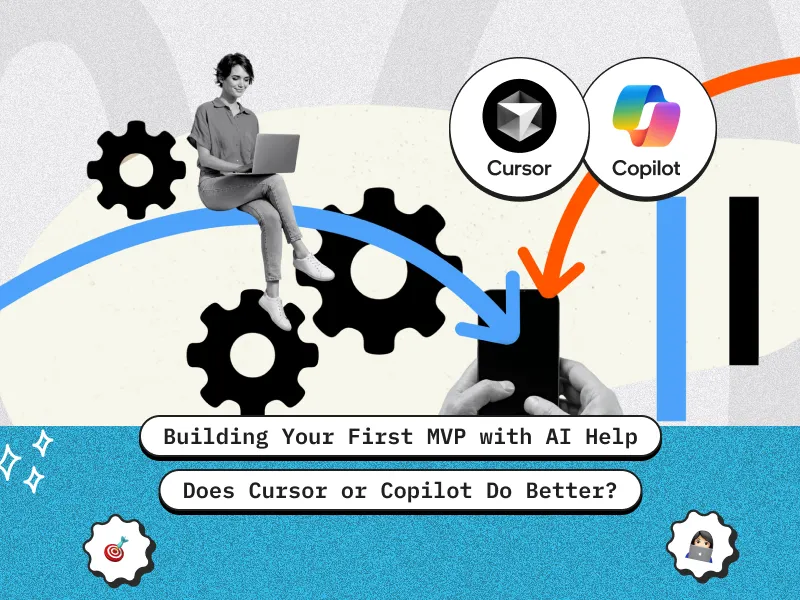








 30 mins free Consulting
30 mins free Consulting 
 11 min read
11 min read 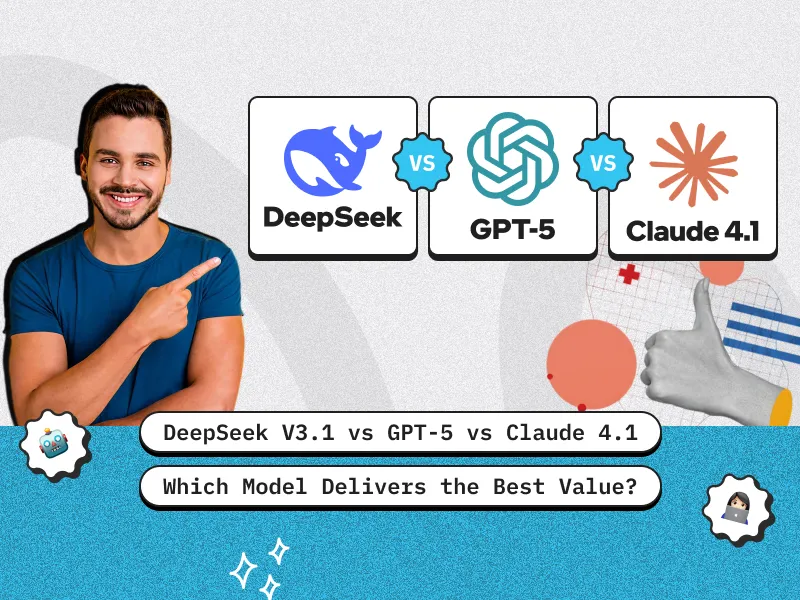
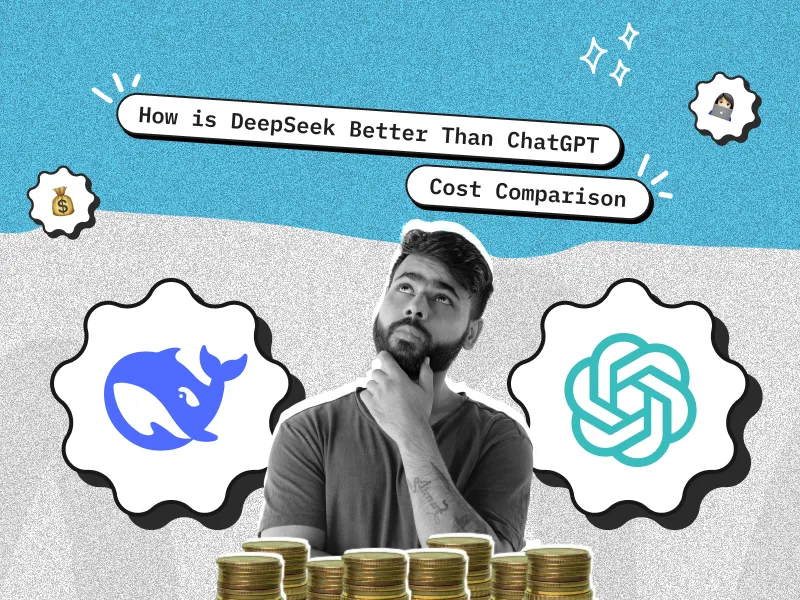
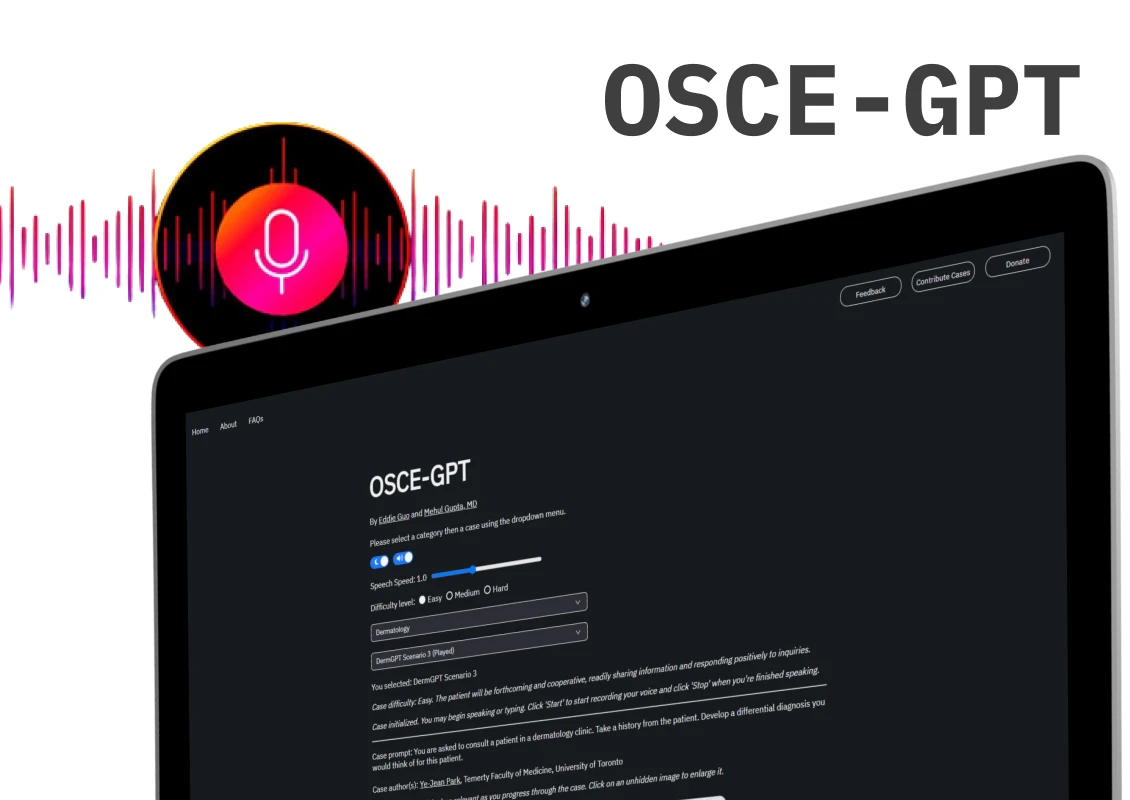
 Canada
Canada 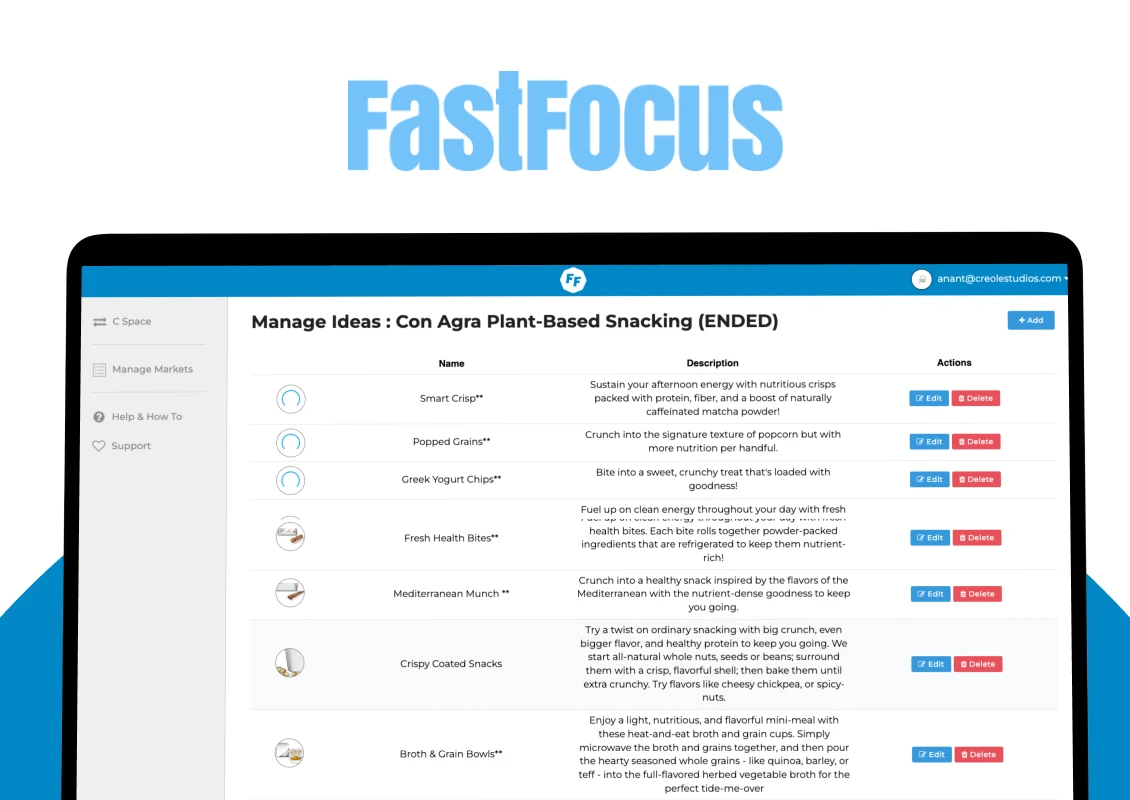
 USA
USA 






 Love we get from the world
Love we get from the world 